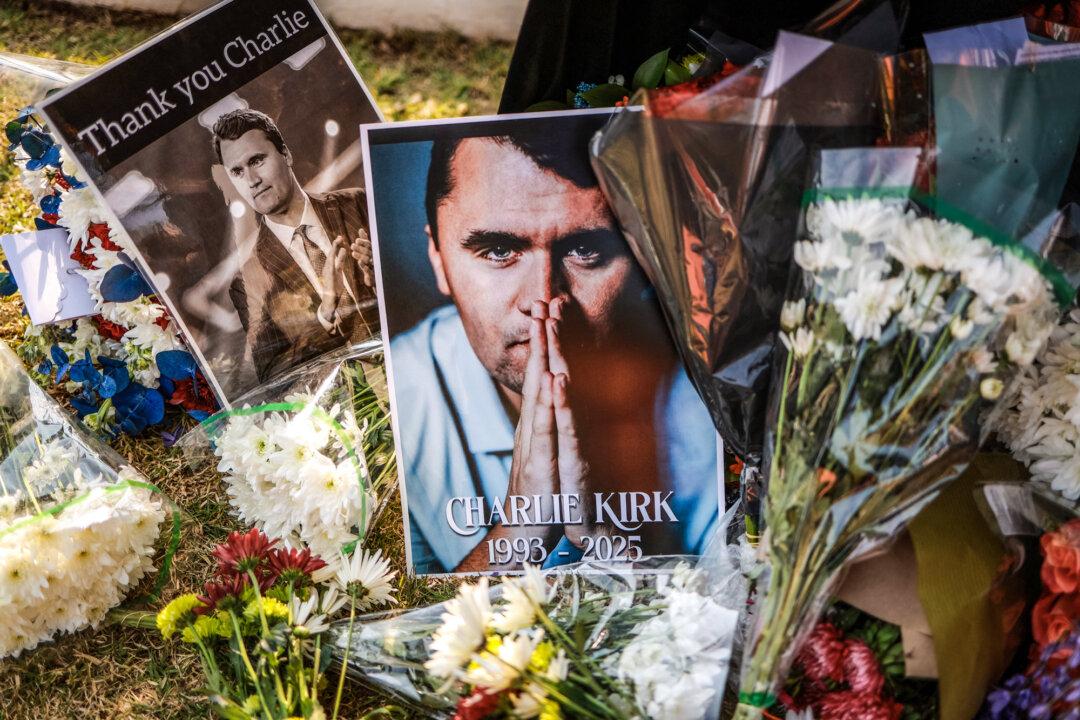Commentary
When you marry someone from another culture, certain conversations are hard—not because of fear or discomfort but because of context. To explain one simple thing often requires layers of history, language, and cultural background. Early in our marriage, when my husband spoke no English and I spoke no Spanish, our shared context was almost nonexistent. We spent hours watching animal shows, images and sounds that required no translation.Years later, after he had learned enough English to engage with U.S. media, the first U.S. public figure—and maybe the only one still today—to appear in my husband’s social media feed was Charlie Kirk. His feed is otherwise almost entirely in Spanish and connected to Mexican culture.





